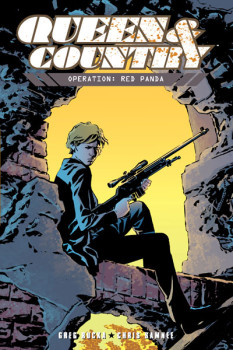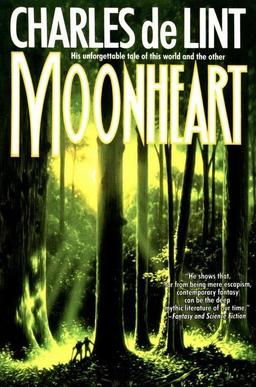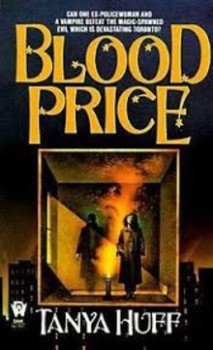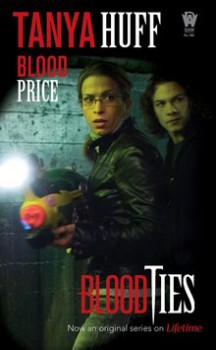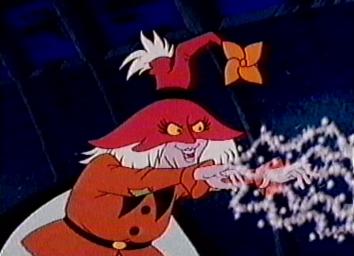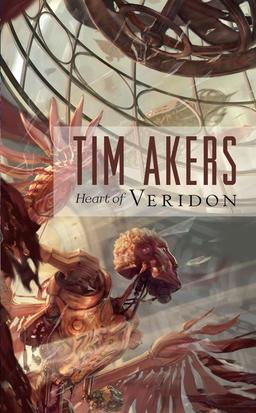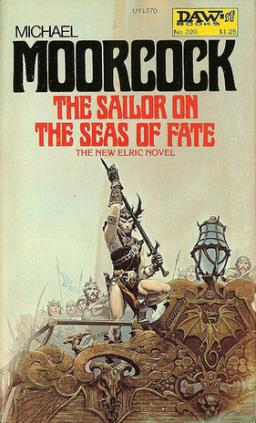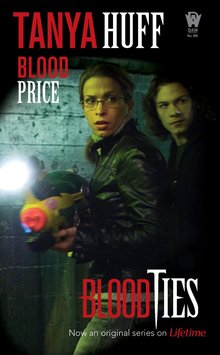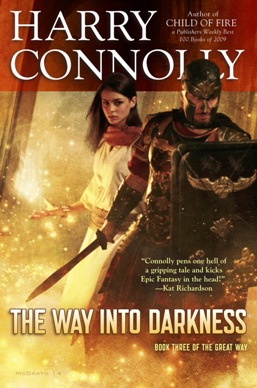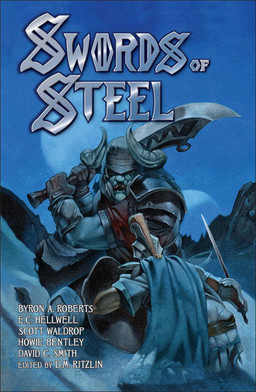Adventures in RPGs: Long Arc or Short Arc?
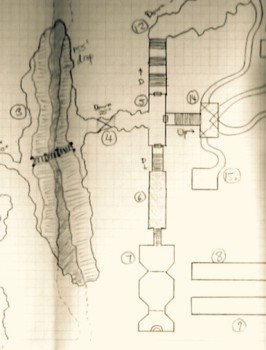 AD&D carried me from middle school right through college, and about seventy-five percent of the time, I wound up as the referee. The core group with whom I played continued right on getting together for another fifteen years or so after graduation, engaging in annual reunions all over the country.
AD&D carried me from middle school right through college, and about seventy-five percent of the time, I wound up as the referee. The core group with whom I played continued right on getting together for another fifteen years or so after graduation, engaging in annual reunions all over the country.
And I kept right on refereeing. After all, I had unfinished stories to “tell.” These story arcs played out over weeks, months, semesters, and then years. Many remain unfinished to this day. In the main, the rest of the group enjoyed my epic, often convoluted approach. For better or for worse, we weren’t much for hack-and-slash, in-and-out heroism.
Or were we? I’ll never forget Eric S. musing, as one reunion year wound down, that it sure would be nice if for once we could storm the castle, rescue the maiden, and be done.
His wistful comment stemmed in part from my having that very year posed a variant on that longed-for maiden-in-the-tower paternalistic standby: Orcus hired the party to rescue a damsel in distress, but this particular blushing violet turned out to be a truly enormous, deformed frog that had to be kissed in order to… well. Let’s just say there aren’t enough kisses in creation to make the wife of Orcus any more desirable.
